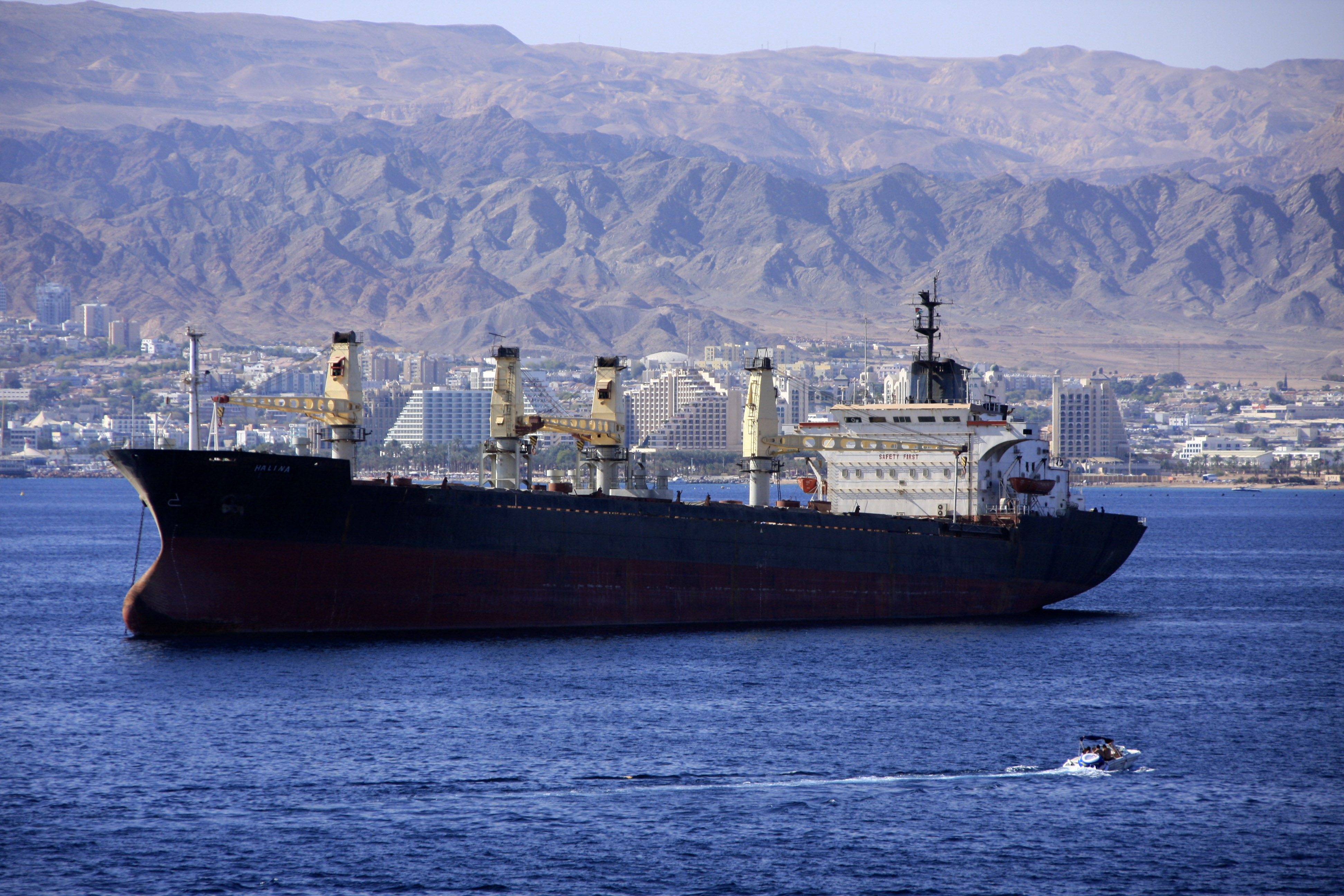Date: Monday, 02 March 2020

The Red Sea region offers enormous potential for trade and investment opportunities, but also presents significant risks. As geopolitical and economic competition continues to heat up in the region, it will be increasingly important for relevant actors, particularly the littoral states, to work together to address security threats.
As the state with the longest Red Sea coastline, Saudi Arabia has a natural interest in the region. Saudi Arabia is seeking to develop its coastline, including through Vision 2030 projects such as NEOM, the Red Sea Project and the Amaala resort. The country also has a deep interest in ensuring freedom of navigation through the Red Sea area and has military facilities along its coast. Saudi Arabia is deeply involved in its southern neighbor and fellow littoral state, Yemen. It is also working to deepen and expand economic and political relations with countries such as Egypt, Sudan and Eritrea.
Other Middle Eastern countries that do not border the Red Sea pursue interests in the region. The UAE has engaged in significant political and economic investments, including in Egypt, Sudan, Eritrea, Ethiopia and parts of Somalia. It established a military base at Eritrea’s Assab port. The UAE and Saudi Arabia pursue their own interests in the region, sometimes competing but often working together. Qatar pursues its interests in countries such as Sudan and Somalia — sometimes acting counter to Riyadh and Abu Dhabi and in alliance with Turkey. Iran has sought influence in the region, but Saudi Arabia and the UAE have successfully blocked several of its attempts.
Global powers located well beyond the region have also pursued interests there. In Djibouti in 2017, China opened its first overseas military base, expanding its global military reach. It also has sought control of the Doraleh Container Terminal in Djibouti, reflecting China’s pursuit of economic influence in Africa and its Maritime Silk Road plans. Europe has limited influence but is directly concerned with freedom of navigation. France and Italy, as well as Japan, have military installations in Djibouti. The only US military base in Africa is in Djibouti. Washington has concerns about Chinese power in the region and about freedom of navigation, but has only played a limited role in Red Sea geopolitics so far.
Multiple countries’ involvement in the region reflects its geostrategic importance. Some states, such as the Gulf states and China, also see the region’s economic potential. With improvements in security and governance, there is significant potential in terms of resources, a growing consumer base, investment, and trade. This is particularly true if the region’s ports and infrastructure are developed, which is an area of focus for China and the Gulf countries.
However, security risks have long hindered Red Sea economic development. Today, the war in Yemen and fighting in some parts of Somalia continue. Tensions between Egypt and Ethiopia regarding the Nile River pose another security risk for the region.
Meanwhile, Ethiopia and Sudan are both going through critical but fragile political transition periods. Weak governance in the region in the past, particularly in Somalia and Yemen, allowed criminal and terrorist networks and piracy to flourish. Strengthening governance and stability and addressing corruption are essential to the region’s future. The region has also experienced large-scale refugee crises and migration flows. Improved stability, governance and economic opportunity would go a long way toward addressing the drivers of such movements.
Important steps are already being taken to improve the stability and enhance the prosperity of the Red Sea region. The 2018 Jeddah Agreement that ended 20 years of conflict between Eritrea and Ethiopia was a crucial step toward stability and economic opportunities, and it has fostered improved relations between Eritrea and Djibouti too. The Jeddah Agreement’s durability faces some challenges, and sustained support is necessary for its long-term success.
"Strengthening governance and stability and addressing corruption are essential to the region’s future.
Kerry Boyd Anderson
Saudi Arabia and the UAE have offered aid to assist in the political transitions in Sudan and Ethiopia. There are efforts underway to create a Red Sea Forum to facilitate dialogue and cooperation between Red Sea states and also the international community. Strengthening governance and combating corruption could lead to significant improvements. Fundamentally, political change and opportunities for prosperity need to benefit the entire populations of the Red Sea states, not just a few officials and businesspeople.
With peace, improved governance and investments in infrastructure, the Red Sea region has significant potential to be much more than a key shipping lane. It could serve as an example of how a region once known for war and piracy could become a center for economic growth and cooperation.